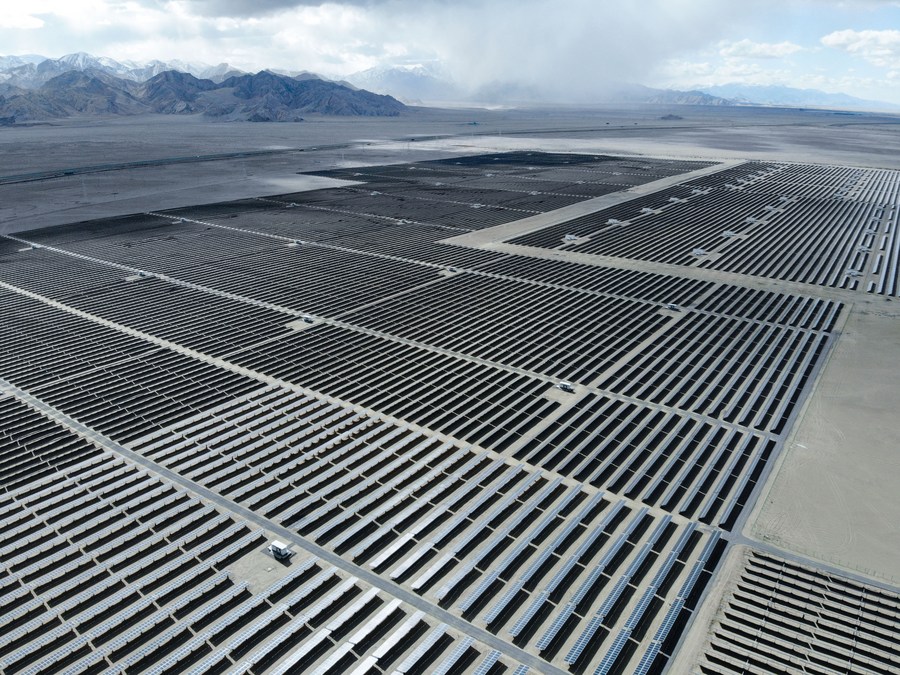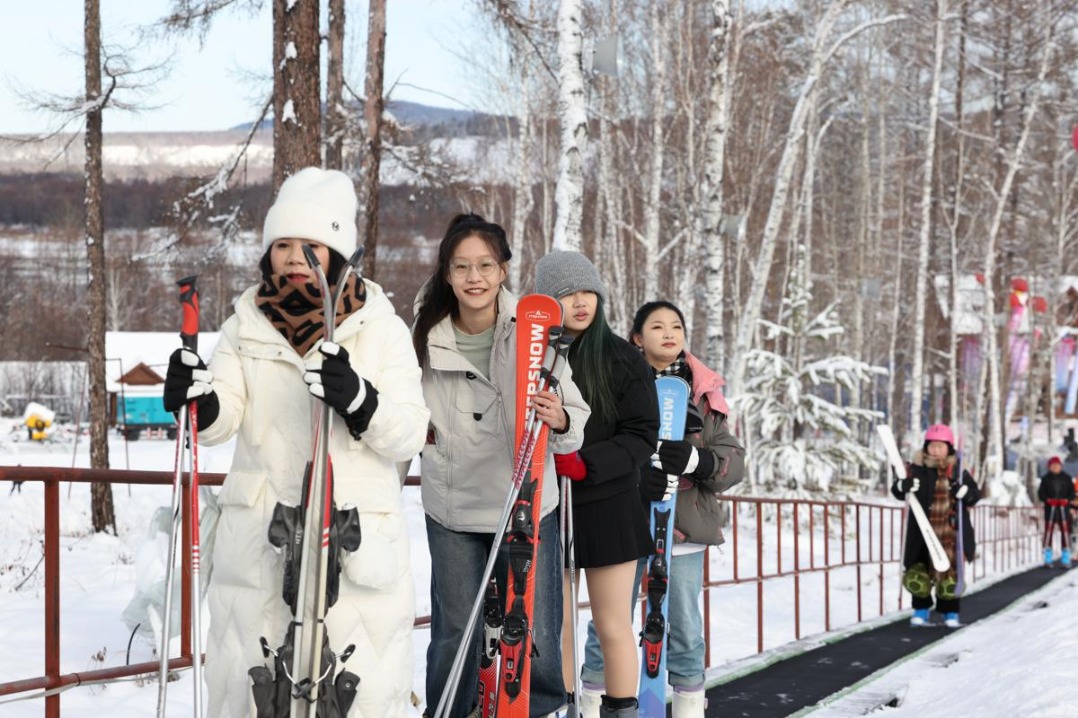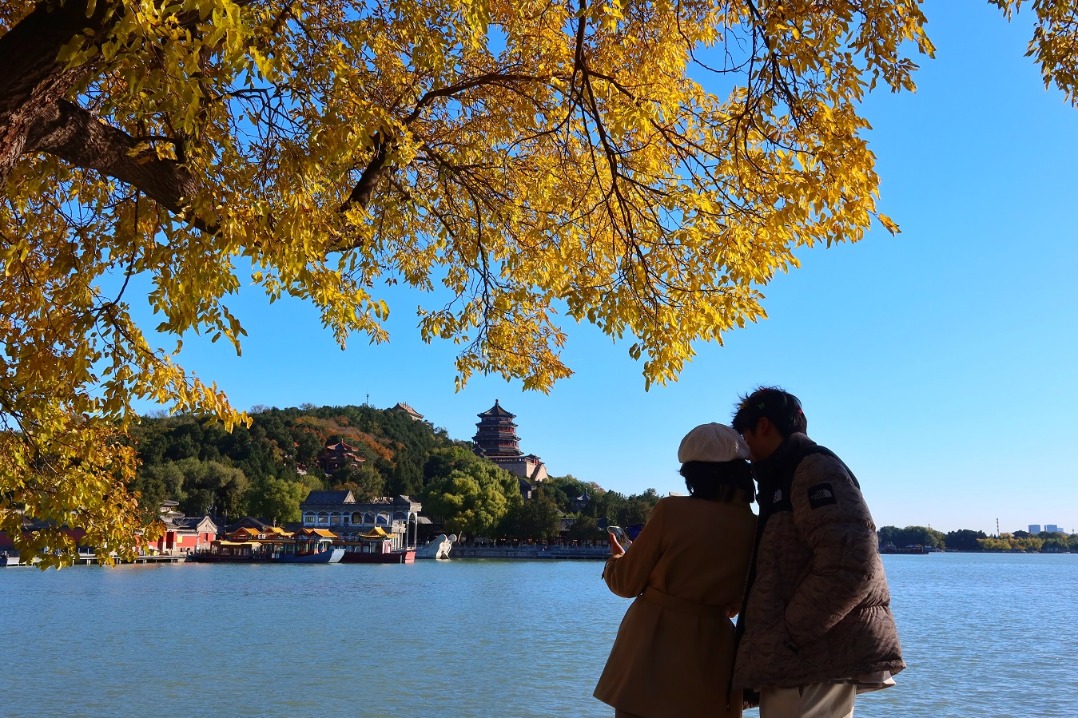Qaidam Basin has potential to be China's renewable energy base: study


BEIJING -- Chinese researchers have recently evaluated the potential for solar and wind energy in the Qinghai-Tibet Plateau, finding that the Qaidam Basin has the potential to be the country's renewable energy base.
In addition to abundant hydropower and geothermal energy, the Qinghai-Tibet Plateau is rich in solar and wind energy resources. The plateau accounts for 45.6 percent and 38.5 percent of China's potential for solar and wind energy, respectively.
The researchers from the Institute of Tibetan Plateau Research under the Chinese Academy of Sciences, Nanjing University, China Agricultural University, Tsinghua University, and other institutions used high-resolution and accurate data of solar radiation and wind speed to assess the potential of solar and wind energy resources on the plateau.
The quantitative research showed that considering land constraints, the annual potential of solar and wind energy on the Qinghai-Tibet Plateau is at least 8.3 trillion kWh and 2.1 trillion kWh, respectively, equivalent to 8.75 billion tonnes of carbon dioxide emission reduction every year.
The study also found that the Qaidam Basin in the northeastern Qinghai-Tibet Plateau, with its solar and wind energy potential estimated to be 5.7 trillion kWh and 0.9 trillion kWh per year, respectively, is suitable for large-scale development of solar and wind energy.
With the continuous decline in the cost of photovoltaic, wind power and energy storage systems, and the construction of ultra-high voltage power transmission networks, China's renewable energy base could be built in the Qaidam Basin, according to the study published in the journal Science Bulletin.
- Guangdong reaffirms easing process to boost innovation and entrepreneurship
- Taiwan and mainland united by goddess Mazu, common ancestral roots
- First robotics debate competition holds semifinals in Beijing
- Top court seeks to ensure quality of construction projects
- Shanghai Disney Resort reaches 100 million visitors
- Xinjiang's desert poplar forests shine with autumn tourism





































